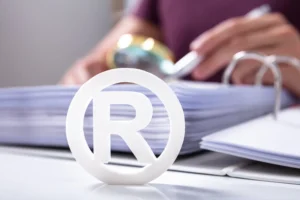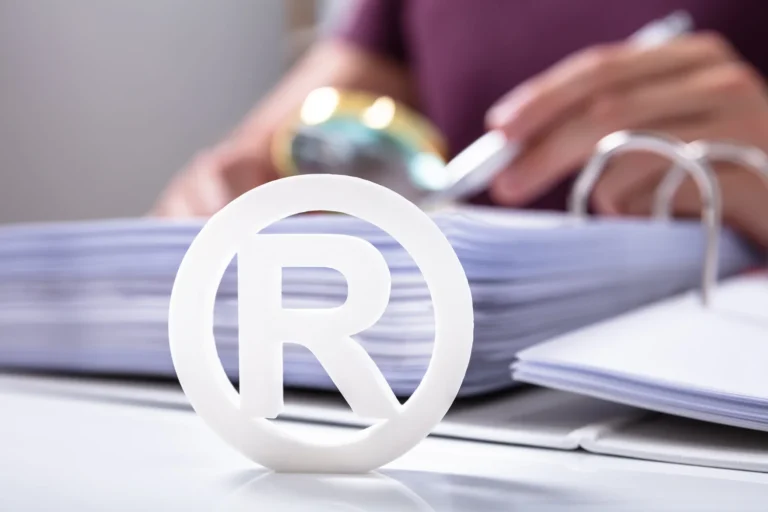When it comes to legal matters, there are often a lot of terms thrown around confusing for those unfamiliar. Guardianship and conservatorship are terms often used interchangeably, but they have different meanings. In this blog post, we will explore the differences between guardianship and conservatorship. We will discuss what each entails and when it might be appropriate to use one over the other. By the end, you should have a better understanding of these two legal concepts.
What is Guardianship?
When a person cannot take care of themselves or their property, state law provides for the appointment of a guardian. A conservator may also be appointed by the court to manage the estate of an incapacitated person. The terms “guardian” and “conservator” are often used interchangeably, but there are important distinctions between the two roles.
When people can no longer make decisions for themselves, whether due to illness, injury, or simply the aging process, their loved ones may need to step in to help. This is where guardianship and conservatorship come in. Both provide a way for someone else to make important decisions on behalf of another person, but there are some key differences between the two.
Guardianship is a legal relationship between a person (the “guardian”) and another person (the “ward”) who is unable to make decisions for themselves. The guardian has the legal authority to the ward, including decisions about their medical care, living arrangements, and financial affairs.
What is Conservatorship?
When a person cannot take care of their affairs, whether due to incapacity or age, someone else may need to step in to help. This is where guardianship and conservatorship come in. Both are legal arrangements whereby a court appoints someone to make decisions on behalf of another person, but there are important differences between the two.
Conservatorship, on the other hand, is used in cases involving adults who cannot manage their finances or property. A conservator has the legal authority to make conservatee, including paying bills, managing investments, and buying or selling property. The conservator is typically a professional fiduciary appointed by the court, such as a banker or lawyer.
Both guardianship vs conservatorship are serious responsibilities that should not be taken lightly considering either arrangement for yourself or someone else, consult with an attorney beforehand to ensure that it is the best course of action and that all of your rights are.
The Difference Between Guardianship and Conservatorship
Regarding caring for someone unable to care for themselves, there are two main options: Guardianship and Conservatorship. Both options provide a way for the court to appoint someone to make decisions on behalf of another person, but there are some key differences between the two.
Guardianship is typically used when the person in question is a minor child. A guardian is given authority to make decisions about the child’s welfare, including education, healthcare, and other aspects of their life.
Conservatorship, on the other hand, is typically used when the person in question is an adult. A conservator is given the authority to make financial and legal decisions on behalf of the conservate. Sometimes, a conservator may also be given authority to make medical decisions.
One key difference between guardianship vs conservatorship is that guardianship is generally more restrictive than a conservatorship. This is because guardianship involves making decisions about a person’s well-being, which is a more sensitive matter than financial or legal decision-making.
Another difference between guardianship and conservatorship is that guardianships are typically temporary, while conservatorships are often permanent. This is because minors usually only need a guardian until they reach adulthood, at which point they can begin making their own decisions.













